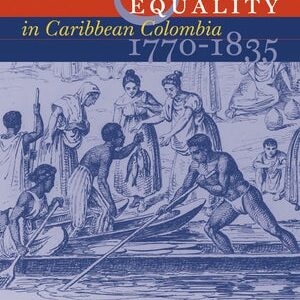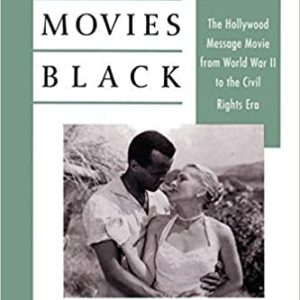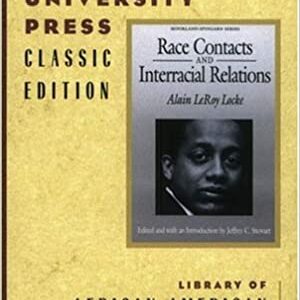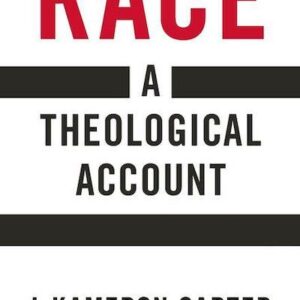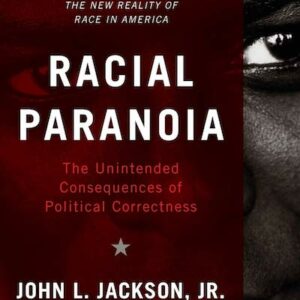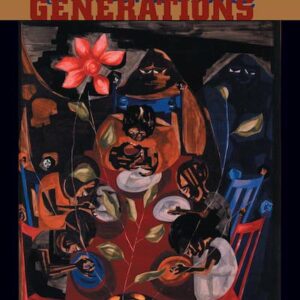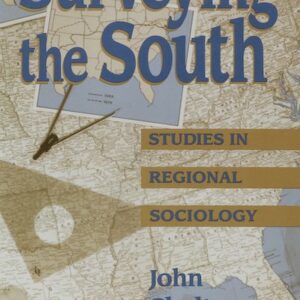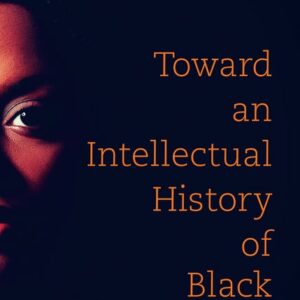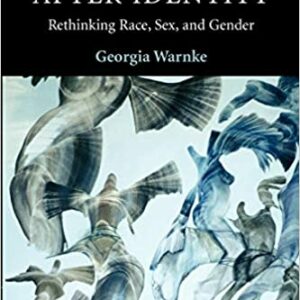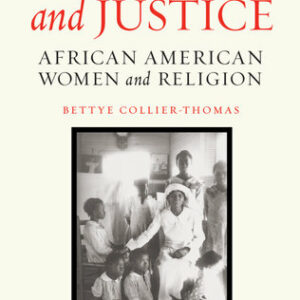
Jesus, Jobs, and Justice: African American Women and Religion
By Bettye Collier-Thomas (NHC Fellow, 2001–02; 2014–15) “The Negroes must have Jesus, Jobs, and Justice,” declared Nannie Helen Burroughs, a nationally known figure among black and white leaders and an architect of the Woman’s Convention of the National Baptist Convention. Burroughs made this statement about the black women’s agenda in 1958, as she anticipated the … Continued
